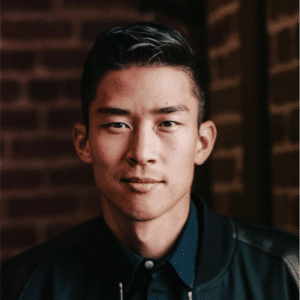Hidekazu Yokoyama, 73 years old and the owner of a successful logistics business in Hokkaido. According to The New York Times, he decided to give his business away for free last year because his children and employees did not want to take over and few potential owners wanted to move to the remote, frozen north.
The Japanese government has launched public relations campaigns and set up service centers to help aging owners find buyers, while offering huge subsidies and tax breaks for new owners. Nevertheless, tradition has been a significant obstacle to finding a successor, with many small business owners preferring to close rather than sell to a stranger or competitor.

Riley, a Kyushu-based company, set itself out from the competition by appealing to customers’ sense of belonging and mission. Its listings, which show owners in front of sushi bars and rural locales, are made to appeal to city dwellers who yearn for a new way of life.
Many of the businesses released by government assistance centers and merger-acquisition services are still lucrative when they close, with more than 55% located in smaller towns and cities where succession is a potential existential threat.
Japan’s trade ministry has estimated that by 2025, around 630,000 profitable businesses could close up shop, costing the economy $165 billion and 6.5 million jobs. In Yokoyama’s case, a government-run matching program failed to find a buyer for his business, so a bank suggested he turn to Riley.
The city where Yokoyama’s business is located, Monbetsu, has a population of around 20,000 people and is shrinking, with fishing and farming as the only industries.
Although the job was challenging, it was noted in their ad posted on Riley that no experience was necessary. “Young and ready to work” would be the ideal qualification.
As per The New York Times, thirty applications for the position were received by Yokoyama, including ones from a couple and a corporate representative. He chose Kai Fujisawa, a 26-year-old who walked up to his home after viewing the ad.
The shift, however, has not been easy because the majority of the company’s employees are elderly and suspicious of Fujisawa’s capabilities. Despite the challenges, Fujisawa is determined to remain in his position and prosper.
Featured Image Source: The New York Times


